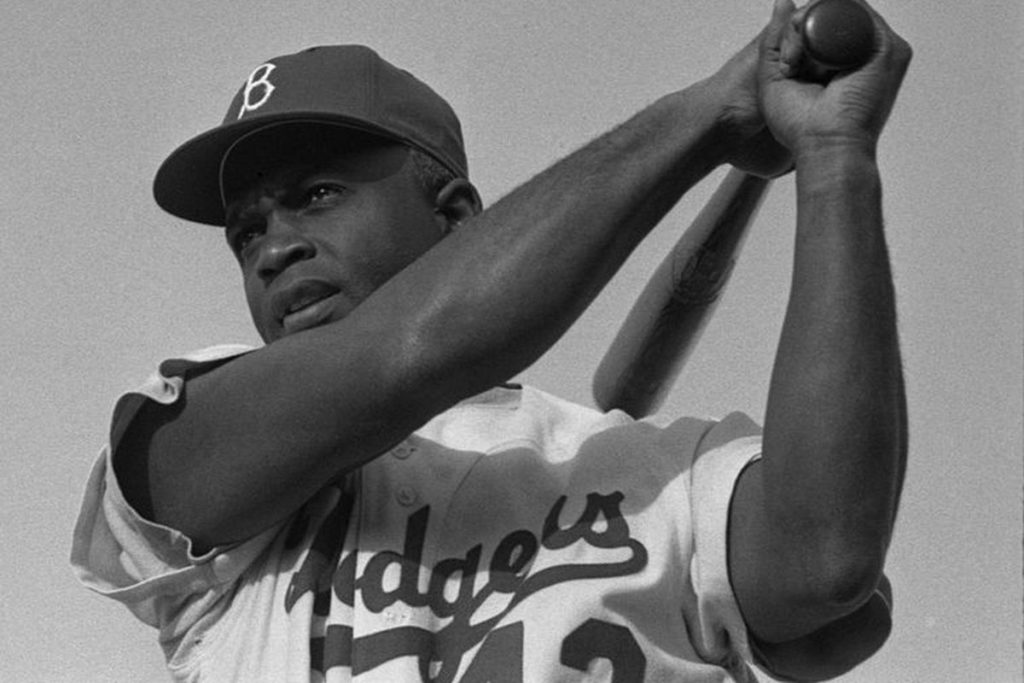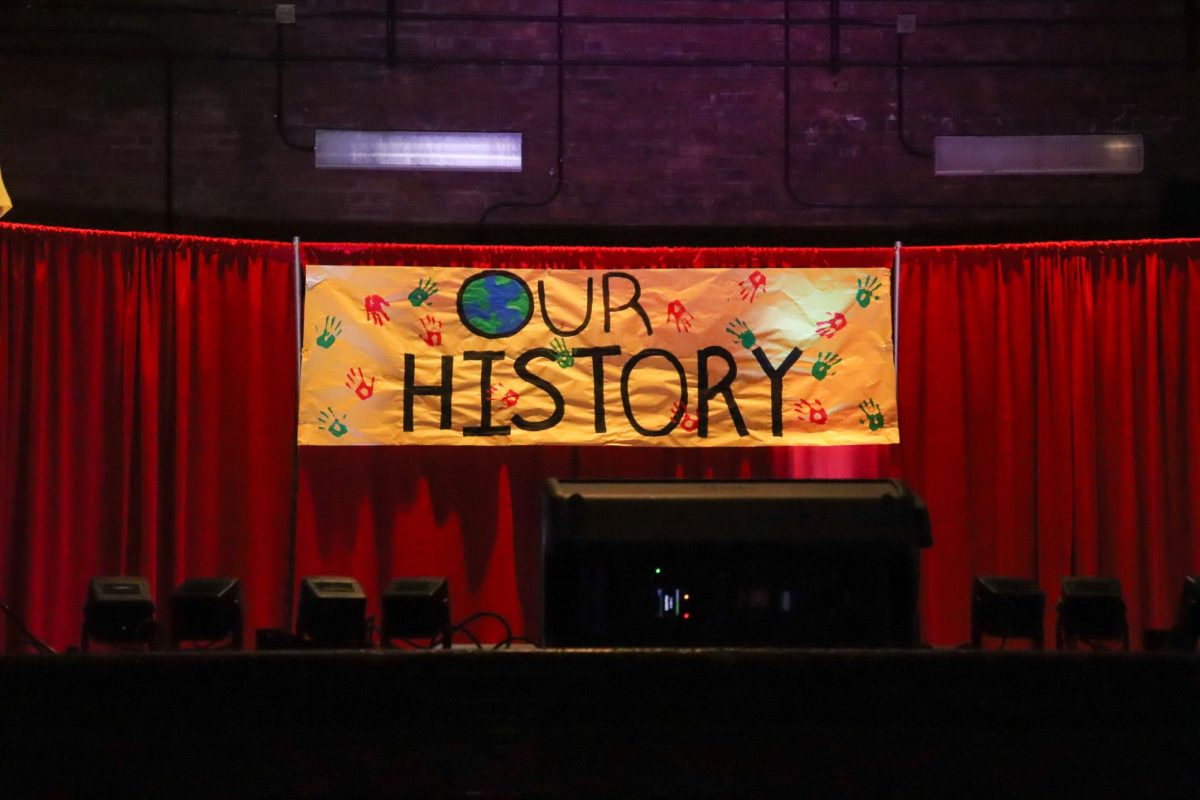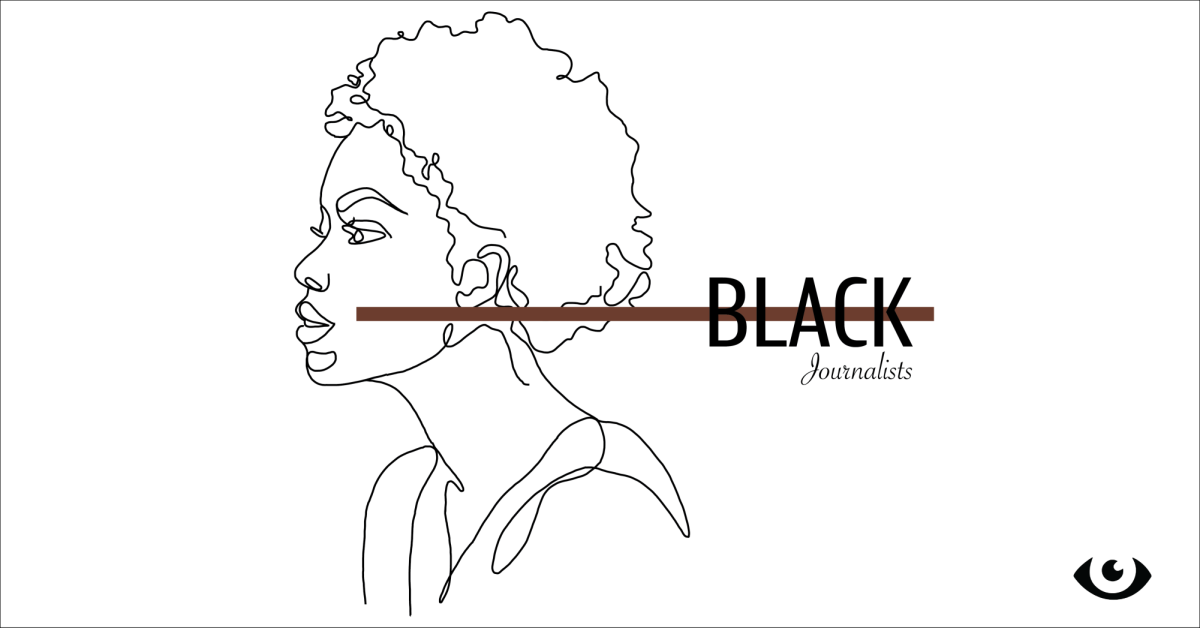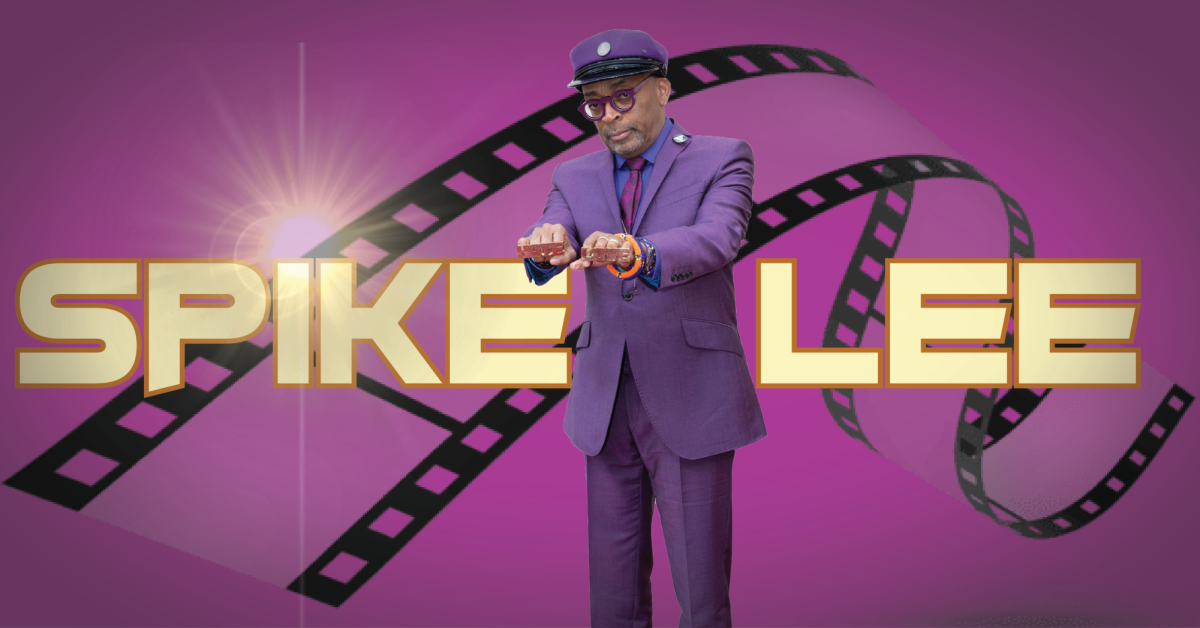Black people have been playing in professional sports throughout American history. The history of African Americans in sports is filled with incredible stories, from the Negro Leagues to Jessie Owens. Chronicled here are some of the most influential moments in the history of black sports.
Baseball
The first professional baseball team, the Cincinnati Red Stockings, first emerged in 1869, and the first instance of black athletes in major league baseball was in 1884. That year, two brothers by the names of Welday and Moses Fleetwood Walker played for the Toledo Blue Stockings. Welday only played five games, but his brother Moses played in 42, batting .263. Both Moses and Welday left the league after their first season, and black men would be excluded from Major League Baseball until 1947.
Unable to join the Major Leagues, they created their own professional baseball organizations, called the Negro Leagues. The first of these was formed in 1920 by Andrew “Rube” Foster, and was called the Negro National League. Between 1920 and 1947, the Negro Leagues were the premier showcase of black baseball talent. Negro League teams were known for “barnstorming,” meaning that they would go to multiple cities, playing a game a day for many days in a row.
The Negro Leagues stayed highly successful until Jackie Robinson famously broke the color barrier for Major League Baseball in 1947. Signing with the Brooklyn Dodgers, Robinson made history as the first African American to join the Major Leagues in the twentieth century. After Robinson, other Major League teams began recruiting other big-name black ballplayers, and the Negro Leagues quietly faded into irrelevance.
Football
The first African American in professional football was Charles Follis, who played for a team called the Shelby Blues in 1904. Another black man named Fritz Pollard played professionally for the Akron Pros in 1920. These two men were the only African Americans to play in major league football until 1946.
Before that year, Historically Black Colleges and Universities (HBCUs) were the premier place for black talent in football. The first game between HBCU football teams was between Livingston College and Biddle University in 1892. From that date until the 1970s, extremely talented black athletes played on HBCU teams.
Football was formally integrated in 1946, when four African American players signed with major league football teams. That year, Kenny Washington and Woody Strode played for the Los Angeles Rams, and Marion Motley and Bill Willis for the Cleveland Browns.
Basketball
Basketball was invented in 1891, but wouldn’t be integrated until 1950. No African Americans would play major league basketball until that year, but that didn’t stop black people from playing professional basketball. Similar to the Negro Leagues in Baseball, African Americans played professional basketball in segregated leagues called the Black Fives. Not much is known about the Black Fives, but they did occasionally play against professional white teams, although it’s unknown how frequent these matches were.
In 1950, Chuck Cooper played professionally for the Boston Celtics, and became the first black man to be drafted into the NBA. That same year, Nat Clifton signed onto the New York Knicks, and Earl Lloyd signed to the Washington Capitals.
Tennis
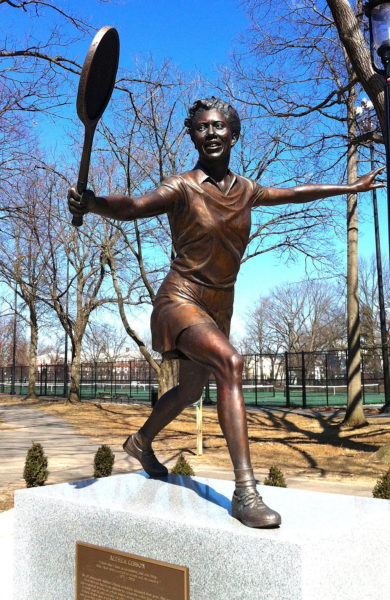
Tennis was invented in 1873, but it wasn’t until 1950 that the color barrier would be broken for the sport. That year, Althea Gibson became the first black woman to compete in the United States National Championships. Throughout her career, Gibson won 11 major championships, including Wimbledon singles in 1957 and 1958. She was the only black woman to win a major championship in tennis until Serena Williams won the US Open in 1999.
Boxing
In 1908, Jack Johnson became the first black heavyweight champion in boxing. His string of uninterrupted victories led to Johnson fighting a hugely anticipated match against the undefeated white boxer, James Jeffries, in 1910. Jeffries claimed that he was only fighting the match to prove “that a white man is better than a Negro.” To the surprise of the entire nation, Johnson beat Jeffries by knockout in the fifteenth round, sparking riots across the country.
Johnson would remain the undefeated champion until 1912, when he was arrested for transporting his white girlfriend across state lines. The all-white jury convicted him to a year in prison.
The Olympics
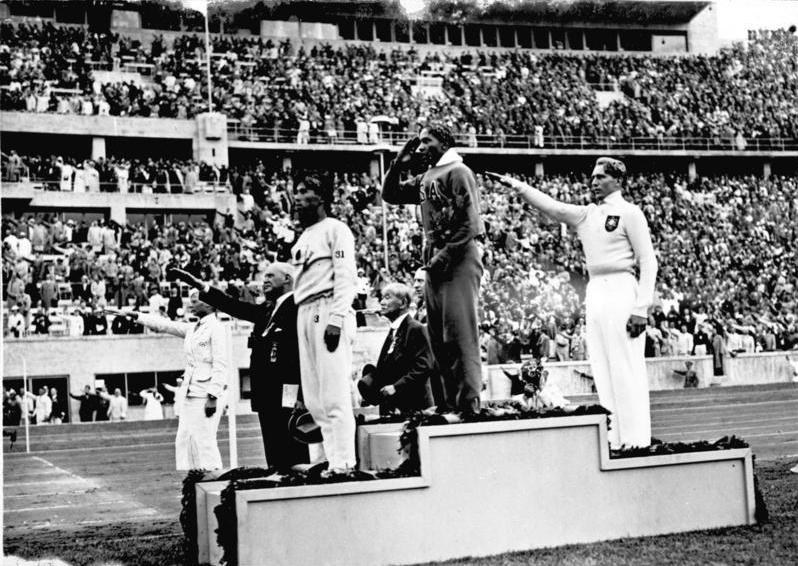
In 1904, George Poage won two bronze medals at the Olympics in St. Louis, Missouri, making him the first African American to earn a medal in the olympics. He won his medals in the 200m and 400m hurdles. Four years later, at the 1908 London Olympics, John Baxter Taylor won a gold medal as part of the American 1600 meter relay team, making him the first African American to win Olympic gold.
African Americans have been consistently participating in the Olympics since those early days. In the 1924 Paris Olympics, Dehart Hubbard won first place in the long jump competition and became the first African American to win gold in an individual event; and in the 1948 London Olympics, Alice Coachman became the first African American woman to win Olympic gold, in the high jump event.
In 1936, the Olympics were held in Berlin, Germany. Adolf Hitler hoped to use the Olympic games to help him prove his theory of Aryan racial superiority. Instead, an African American man named Jesse Owens won gold medals in the 100m dash, 200m dash, 4×100 meter relay and the long jump. Owens also broke five world records in the span of 45 minutes, handedly disproving Hitler’s theory.
Featured image “Jackie Robinson” by Bob Sandberg from Wikimedia Commons. No changes were made to the original image. Use of this photo does not indicate photographer endorsement of the article. Image link: https://commons.wikimedia.org/wiki/File:Jrobinson.jpg



